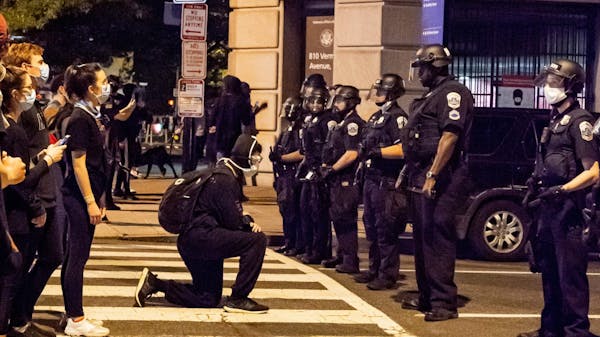THE YOUNG VISIONARIES
The warm glow of the firelight threw shadows across the walls of the cosy little cottage. Seated on the floor beside it, Antoine Court gazed intently at his mother’s face. She was seated in an armchair cradling the family Bible in her lap. The family had just finished singing their favourite Psalm to open the special time of worship they had together every evening. The Court children sat huddled together at their mother’s feet, listening attentively as she read a passage of scripture.
Bibles were a rarity in those days and if a family did own one it was usually only parts of it. The Court family Bible was made up of portions of scripture roughly sewn together but it was the most precious book they owned. After she finished reading Marie Court placed the Bible on the little stool beside her and smiled at her children. They smiled back in eager anticipation. It was story time.
“What stories would you like to hear today children?” she asked softly, taking in the pale young faces in front of her.
“Tell us about the war Maman,” Antoine said
“Yes,” his sister chimed in “Why did the war begin Maman?”
“And what was it like before the war” Antoine’s brother added
Marie nodded slowly and closed her eyes for a brief moment, as she allowed the memories to wash over her.
“A long time ago” she began softly “before any of you were born the King of France made a decree, actually it wasn’t a new decree, it was really a decree that undid another decree issued by another king in the past”
“What was the decree about?” Antoine asked
“Well, many years ago, our people the Huguenots were given freedom to worship God according to their own conscience. This freedom was guaranteed to us when King Henry IV signed the Edict of Nantes but almost a hundred years later his grandson Louis XIV decided to revoke that Edict altogether”
“What did that mean Maman?” Antoine’s sister asked
“It meant that Huguenots were no longer free to worship God according to their conscience. Instead of being captive to the word of God we were forced to become captive to the Roman Church and worship as the church commanded.”
In her quiet voice, Marie began to narrate the terrible persecutions that followed in the wake of the Revocation of the Edict of Nantes in 1685. She recalled how on that terrible day in October, when the Edict was signed into law Protestantism became illegal in France and every Protestant was ordered to become a Catholic or face terrible consequences. She told the children of one clause in the Edict that ordered the destruction of every Protestant church in France.
“Every single one?” Antoine asked incredulously
“Yes son, every single one”
“Just because it was a Protestant church?”
Marie nodded “I remember the story of the church at Nimes, not far from here”
“Tell us about it Maman” Antoine’s brother urged
Slowly she recounted the sad story. The entire congregation gathered at the church on that awful day. With tears streaming down their faces they listened as their Pastor preached his last sermon. When the sermon came to an end they sang a final farewell psalm before assembling themselves in a long procession stretching down the knave of the church all the way to the door. One by one they filed past their Minister, who blessed them and encouraged them to be faithful unto death.
Then drowning in a flood of memories they passed out of the church and stood huddled in front of its great doors, watching as their beloved church was hacked to pieces by the angry mob. The church fell amidst a confusion of noise. Trumpets blared, announcing the demolition in progress, Catholics shouted in anger and triumph as they attacked the building with picks, axes, and hammers and the watching Huguenots sobbed loudly as they witnessed the destruction of their sacred place of worship.
After the building had been fully torn down a single stone lay at the very top of the rubble. It was a stone that had formed the lintel of the portico and was engraved with words that reflected how special the church had been to the Huguenots. The inscription read “This is the house of God, this is the Gate of Heaven”

